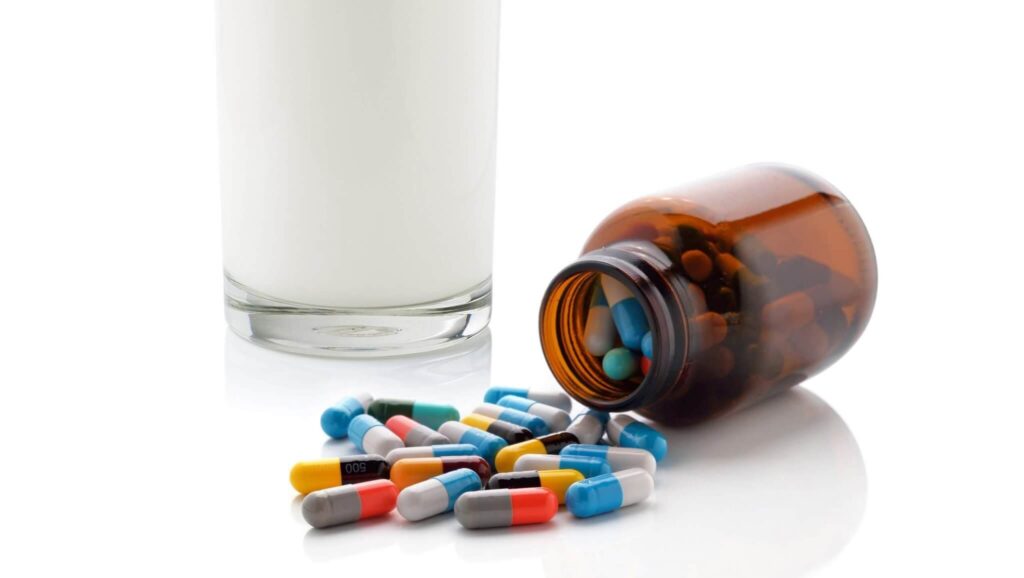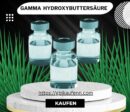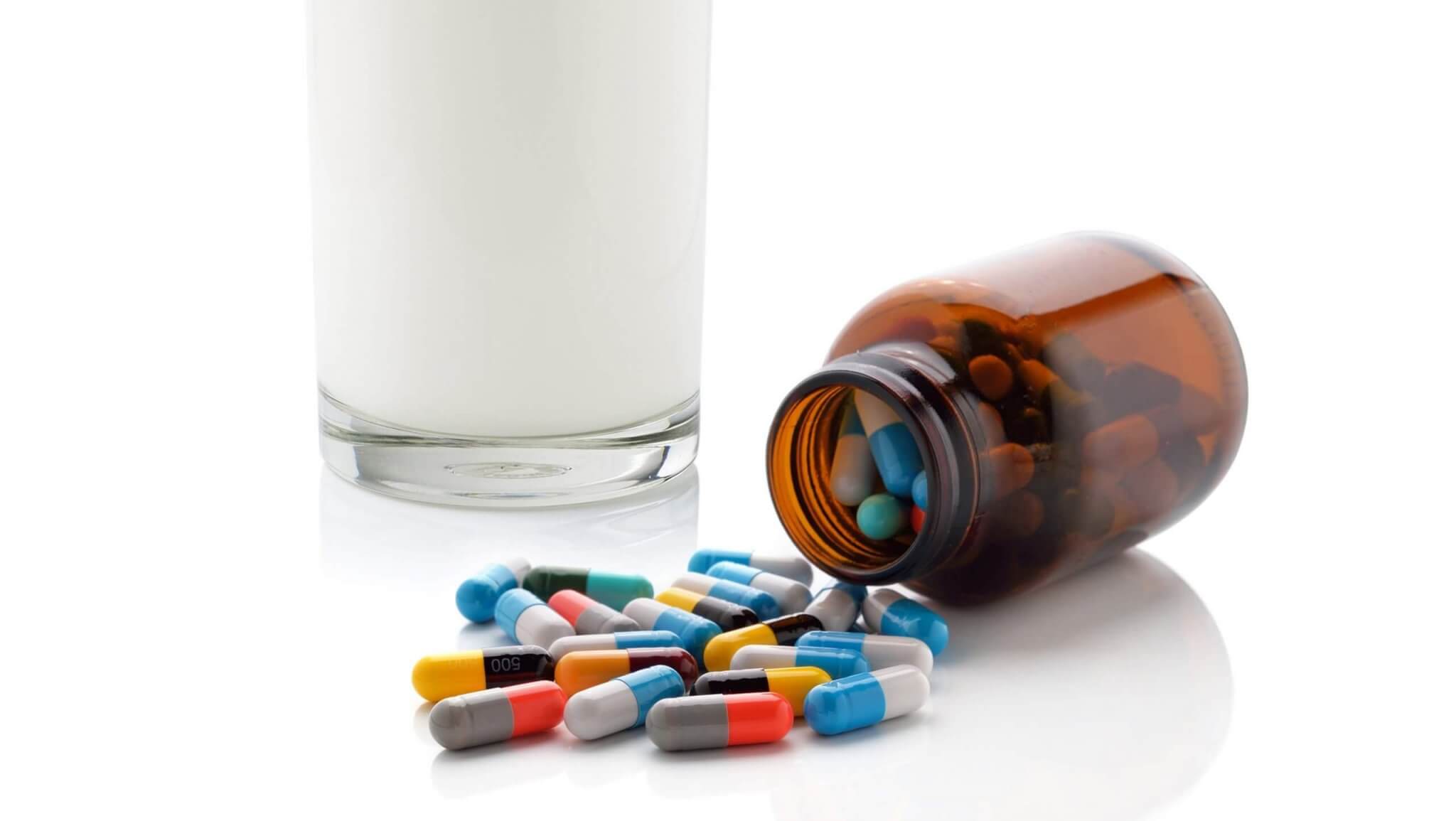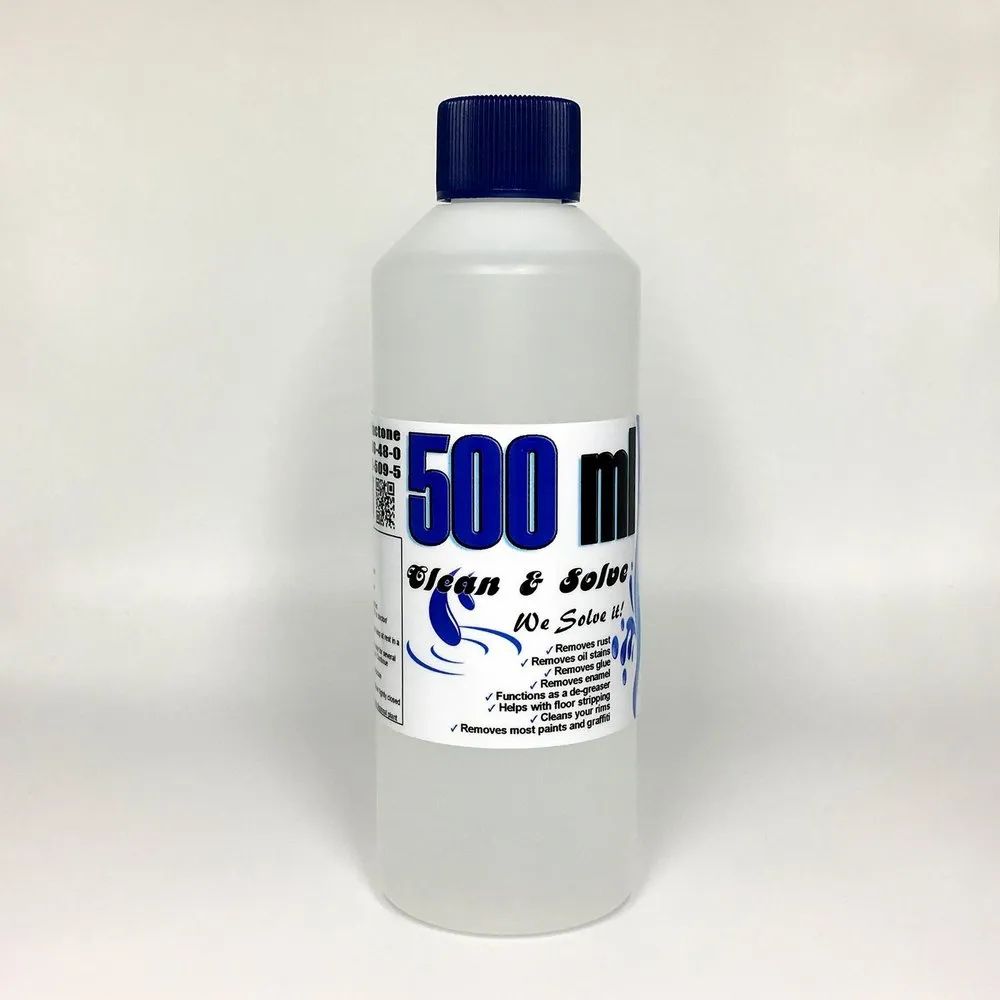GHB and antibiotics, The interactions between different substances are an important topic in medical research and healthcare. In particular, the combination of GHB (gamma-hydroxybutyrate) and antibiotics raises questions. GHB is a psychoactive substance that is used both in medicine and as a recreational drug. Antibiotics, on the other hand, are drugs used to fight bacterial infections. In this article, we will discuss the effects, risks and potential interactions between GHB and antibiotics in detail.

What is GHB?
GHB is a chemical compound that is used in various contexts. But what exactly are the properties of GHB?
Properties of GHB
GHB is a colorless and odorless liquid that is often consumed in powder form or as a solution. It acts as a sedative and has a depressant effect on the central nervous system. These properties make GHB popular in the party scene, but the risks are considerable.
Use of GHB
In medicine, GHB is occasionally used to treat sleep disorders and as an anesthetic. Despite these applications, the consumption of GHB harbors considerable dangers, especially when combined with other substances such as antibiotics.
What are antibiotics?
Antibiotics are drugs that are used to fight bacterial infections. But how do antibiotics work in the body?
Mode of action of antibiotics
Antibiotics work by inhibiting the growth of bacteria or killing them. There are different classes of antibiotics, each with different mechanisms. These drugs are crucial for the treatment of infections and have taken on a central role in modern medicine.
Use of antibiotics
Antibiotics are often prescribed for bacterial infections such as pneumonia, urinary tract infections and skin infections. It is important to use antibiotics only when necessary and under medical supervision to avoid resistance.
GHB and antibioticsPossible interactions
The combination of GHB and antibiotics can lead to potential interactions. What risks are associated with this?
Interactions between GHB and antibiotics
Research into the interactions between GHB and antibiotics is limited. However, there are indications that taking both substances at the same time can increase the risk of side effects. These interactions can impair the effect of the antibiotic or increase the dampening effects of GHB.
Health risks
The combination of GHB with certain antibiotics can lead to health problems. The most common risks include respiratory depression, dizziness and confusion. In severe cases, this can lead to an overdose that requires immediate medical attention.
Symptoms of an overdose
An overdose of GHB can have serious consequences. What symptoms should I be aware of?
Common symptoms of an overdose
The most common symptoms of a GHB overdose include breathing problems, unconsciousness, nausea and muscle cramps. If antibiotics are taken at the same time, these symptoms can be exacerbated, making the situation even more dangerous.
Emergency measures
If someone shows signs of an overdose, it is crucial to act quickly. Call for medical help immediately and keep the affected person in a stable lateral position to reduce the risk of choking.
Prevention and education
In order to minimize the risks of combining GHB and antibiotics education is crucial. How can we protect ourselves and others?
Creating awareness of interactions
Awareness of the potential risks of taking GHB and antibiotics at the same time should be promoted. Awareness campaigns can help to inform the public about the interactions and the associated risks.
Support systems
It is important to create support systems for people struggling with drug and alcohol problems. Self-help groups and therapies can be a valuable resource for people who need help.
Conclusion
Overall, the analysis of GHB and antibioticsthat both substances can entail considerable risks. GHB is a potent psychoactive substance that can be dangerous if used inappropriately. Antibiotics are important drugs for the treatment of infections, but should only be used under medical supervision.
It is important to be aware of the dangers associated with the combination of these two substances. If you have questions about GHB, antibiotics or other substances, consider consulting a doctor or professional. Your well-being should always come first, and there are many resources available to help you make informed decisions.



